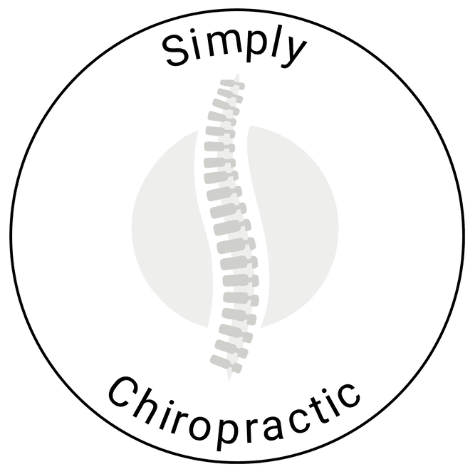
Joint Pain

As we age, the aches and pains of our joints become more apparent.
Activities like walking up the stairs, getting out of bed, or trying to exercise can cause uncomfortable joint pain. We go to our doctors and we get a diagnosis of osteoarthritis that can dramatically impact our mobility.
Over the counter anti-inflammatories or prescription medications can help take the edge off of the pain, but they often have unwanted side effects. Visiting an orthopedic physician can bring about short term relief with steroid injections, but again there are side effects and it only prolongs the inevitability of more arthritis.
Many patients ask “what causes my arthritis?”
They are usually given the answer that is part of aging. This is somewhat true, but it's not the whole story. Hormone imbalances are a factor which influences both the progression of osteoarthritis and the pain associated with this condition.
Insulin and joint pain: Insulin can have a dual impact on joint pain. First, our dietary habits can increase the risk of insulin resistance and obesity. As we gain weight, the added pressure on our joints from obesity can trigger more pain. Secondly, insulin hormones can increase the proliferation of chondrocytes, which are important for joint rebuilding and overall joint health. Insulin imbalances can also cause thyroid health issues, which will be discussed below.
Thyroid and joint pain: Too much insulin in your blood reduces the circulating level of serum T4 and the conversion of T4 to T3. T4 is the inactive form of thyroid hormone and T3 is the active form of thyroid hormone. When we have reduced levels of thyroid hormone circulating, it mimics hypothyroidism. In addition, thyroid hormone is necessary for the maturation of chondrocytes and bone health, discussed above.
Another thyroid issue with joint pain in the knee is due to thyroid antibodies from the autoimmune disease. These antibodies are typically elevated in Hashimoto's thyroiditis and may be indicative in chondrocalcinosis–excess calcium deposits in the joints. These calcium deposits can produce very painful episodes.
Estrogen and joint pain: Estrogen is associated with overall joint pain. Estrogen deficiencies can cause severe bone and joint pain. Some medications that combat breast cancer can result in bone pain and joint pain symptoms because of the reduction of estrogen.
Testosterone, DHEA and joint pain: Both testosterone and DHEA have a profound effect in reducing the sensation and severity of pain and osteoarthritis. By increasing levels of these hormones, the body has an internal pain relief system which can decrease the severity of joint pain.
Get in Touch
Phone number
(575) 915-1550Send a Message
Experience the power of holistic healing. Let us help you discover the root cause of your chronic pain and embark on a journey towards lasting relief and optimal well-being. Contact us now to start your transformation!
